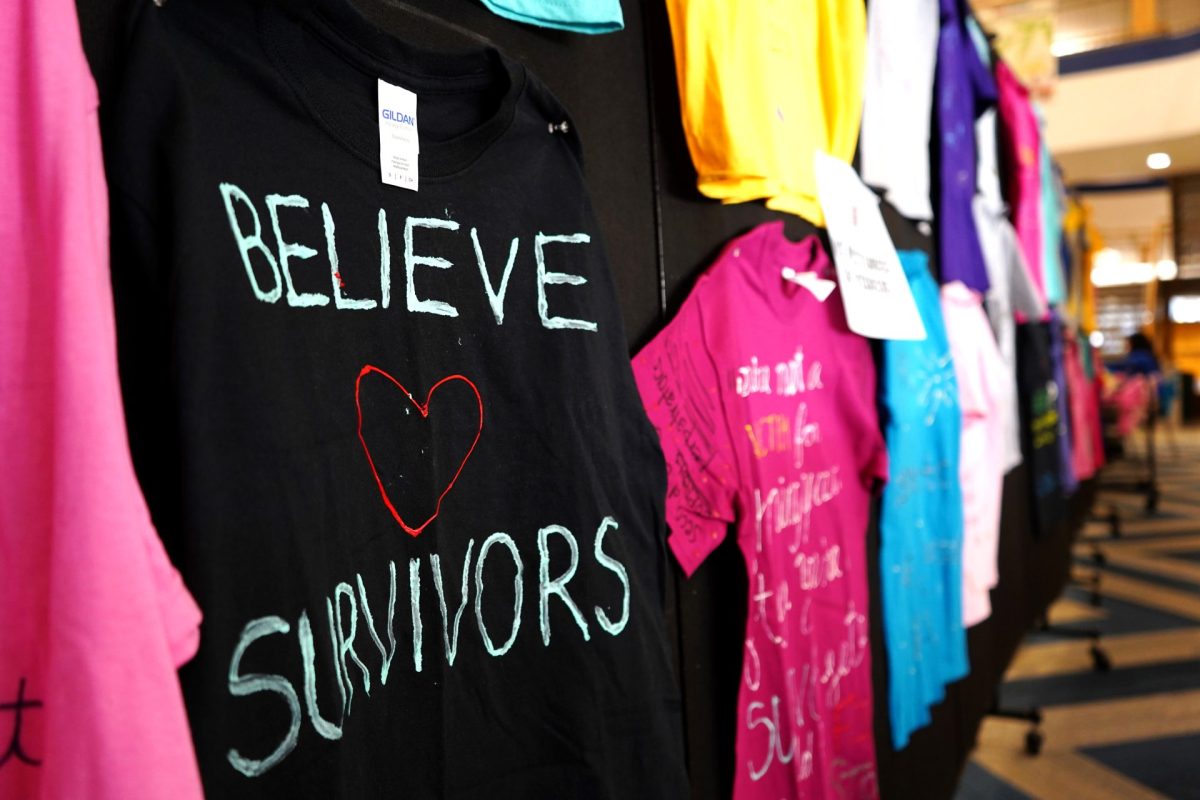[Editor’s note: Click here to read President Fr. Dennis Holtschneider’s response to this letter.]
In the year 1613, Vincent de Paul became the chaplain of one of the wealthiest noble families in Paris, the Gondi family. De Paul, who had been ordained a priest in 1600, was torn between two very different callings in life. The first was his ambition for upward social mobility, hence his pursuit of the priesthood and the various noble and well-connected friends he had acquired over the years (including Marguerite de Valois, Queen of France).
De Paul found his other calling shortly after he began to serve the Gondi family. When de Paul engaged with various communities in Paris, he discovered vast systemic injustices inflicted upon the poor and disenfranchised living within those communities. This was the calling he chose to follow. De Paul adopted a mission of service to the poor and the marginalized of his city at all costs.
One day, amidst a conversation with Madame de Gondi, de Paul was asked the most vital question, which came to characterize the nature of his mission: “What must be done?” Madame de Gondi, like de Paul, had seen the vast injustices that left countless people without basic necessities such as food, shelter, and clothing, and she wanted to help him address these issues.
Since the Gondi family was one of the most affluent and well-connected families in Paris it occurred to de Paul that he had discovered an important resource to aid his mission. Together, they devised a plan that would help Paris and the newly founded Congregation of the Mission. They would pool the vast wealth held by the nobility of France and direct it into a worthy investment for the betterment of Paris and its impoverished peasants. They would build a basketball arena! De Paul and the other members of the Congregation loved basketball but their team struggled frequently against rival missions, as their current stadium was simply too great a distance from where they were located to allow for proper training.
“In order to better our basketball team and ‘attract more people to our mission,” de Paul thought, “we should build a spectacular stadium right down the road from the peasants we are serving.”
It was a perfect plan. Except, that’s not what happened.
No, de Paul did not accept a massive amount of funding from the nobility to create a basketball arena. What he did do, however, was convince the Gondi family, and many of their other wealthy acquaintances, including the queen herself, to pool their money together for a truly selfless and worthy cause. They would invest the money in the direct service of the poor and disenfranchised and help the mission supply the peasantry with the basic necessities of life. Not only did the nobility fund the mission; they even baked bread, cooked soup, fashioned and donated clothing, and went out to those marginalized communities to personally give what they could.
We are all presented with choices in life. Our decisions characterize us and indicate the values we hold most important. De Paul could have easily used his connections to enjoy the spoils of wealth. But he took the harder route, the selfless route. The route he was called to take. Vincent dedicated his life to convincing those who held power and money in his society to give that wealth back to those who desperately needed it to survive. Through his dedication, Vincent and the rest of the Mission were able to use those resources to lift the impoverished out of the margins of society.
So when DePaul University – named after and rooted in the teachings of the man who founded the Congregation of the Mission four centuries ago – was offered $55 million in tax-payer money and $100 million in public funds from today’s nobility (Mayor Emanuel, the city of Chicago, and its businesses) what did the university choose to do? Did it follow in the footsteps of its namesake and convince the city of Chicago to redirect those funds to aiding the disenfranchised of our city, whose education and welfare necessarily depend upon it?
In essence, they did not. Instead, the university’s leadership allowed itself to become corrupted by greed and hastily snatched those funds to construct a costly and unnecessary basketball arena mere miles away from some of the city’s most impoverished communities. It chose to ignore its greater calling, the one it falsely prides itself so deeply in, for which I spend tens of thousands of dollars yearly to learn, and in doing so it has betrayed its most core and sacred values. That is the difference between the DePaul of today and the one of 400 years ago, the one it has shamefully disgraced.







